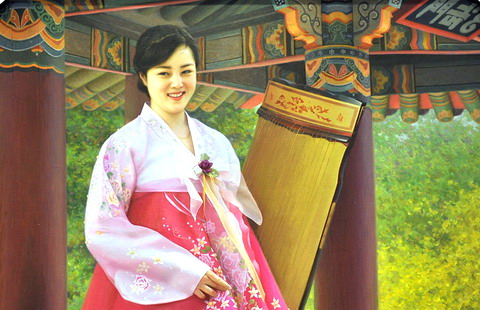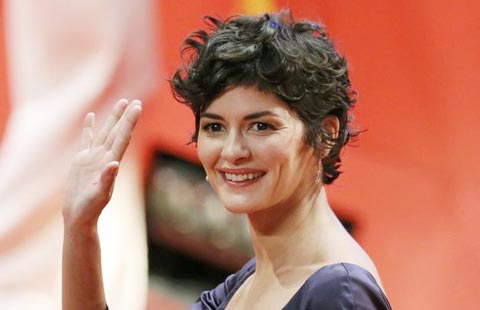Oscar-nominated 'Imitation Game' fights cause with Turing's story
( Agencies ) Updated: 2015-02-16 09:23:10
As the story of a little-known British World War Two code breaker gears up for the Oscars as one of the top nominees, "The Imitation Game" has found a larger cause to fight for the rights of persecuted gay men.
Nominated for eight Oscars on Feb 22, "The Imitation Game" tells the story of mathematician Alan Turing, who worked with a secret group of government cryptologists during World War Two to break Nazi Germany's wartime code and saved countless lives.
Turing, played by Benedict Cumberbatch, went uncredited for his work and instead was persecuted on charges of homosexuality, a crime in 1952, and died a broken man in 1954. He was posthumously pardoned in 2013 by Britain's Queen Elizabeth.
The film, distributed by The Weinstein Co, has sparked off a petition by the Human Rights Campaign, an organizing advocating for equal rights for the LGBT community, to pardon some 49,000 homosexual men charged under Britain's gross indecency law that was repealed in 2003.
It has attracted more than 330,000 signatures including Cumberbatch and Keira Knightley, who plays female mathematician Joan Clarke, as well as notable CEOs including Google's Eric Schmidt and Yahoo's Marissa Mayer.
"Alan's own treatment by history had been so unfair," said Graham Moore, Oscar-nominated for his "Imitation Game" script.
"We always hoped we could create a dialogue around these issues of the treatment of gay men in society, about the historical persecution reaped upon them, and getting to be a part of these kinds of conversations is even more important."
|
|
|
|
|
|
|
|
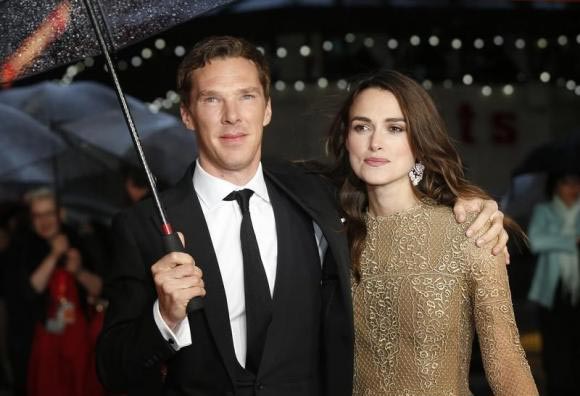



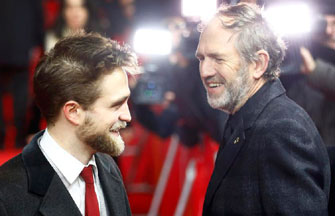
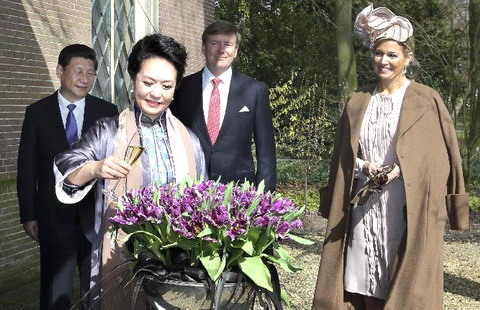



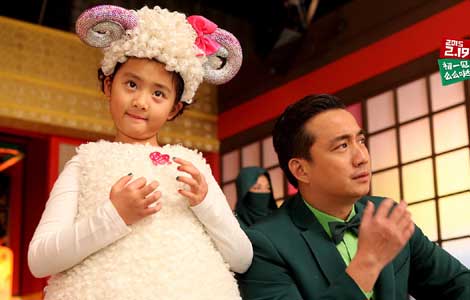










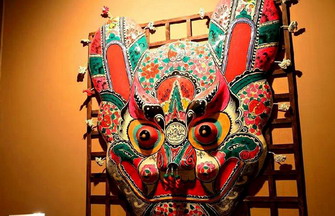



 Raymond Zhou:
Raymond Zhou: Pauline D Loh:
Pauline D Loh: Hot Pot
Hot Pot Eco China
Eco China China Dream
China Dream China Face
China Face


